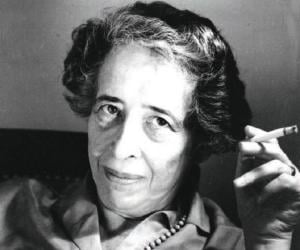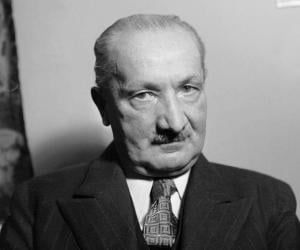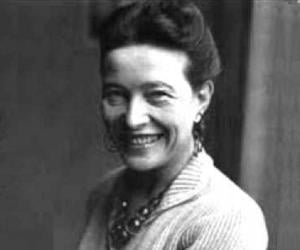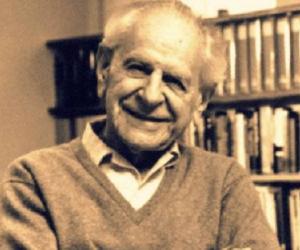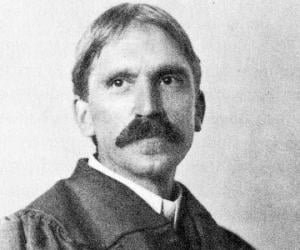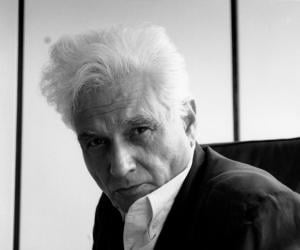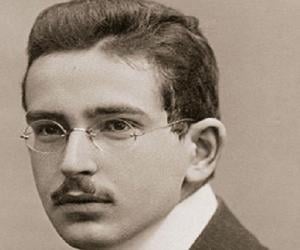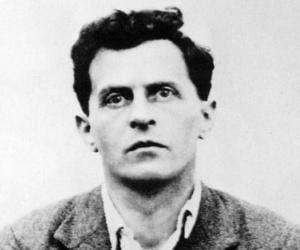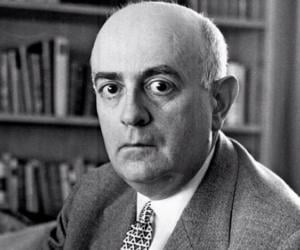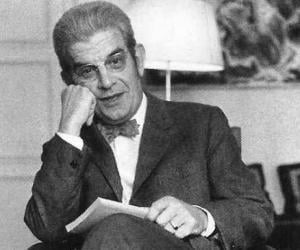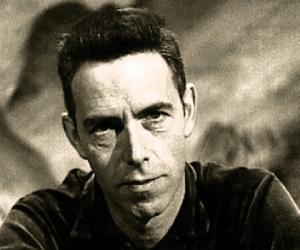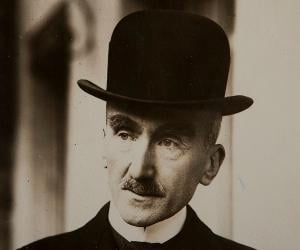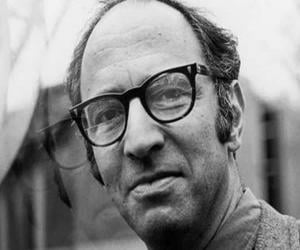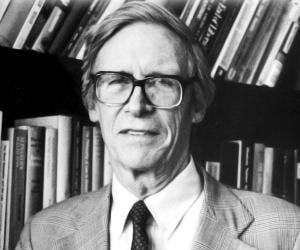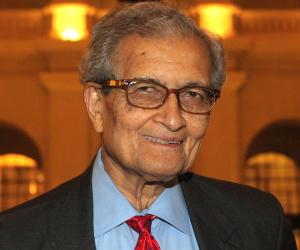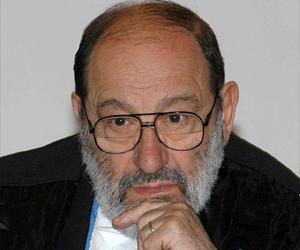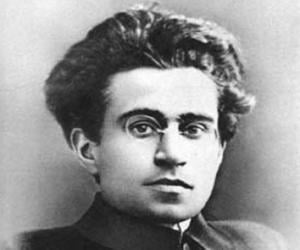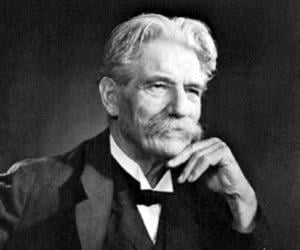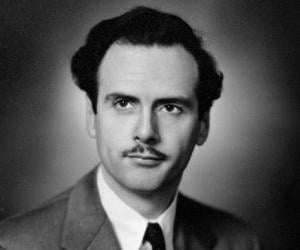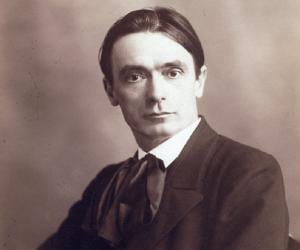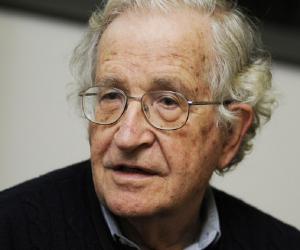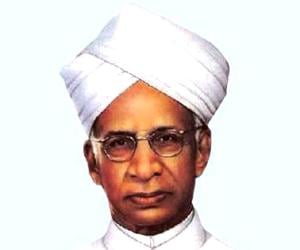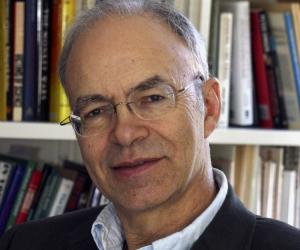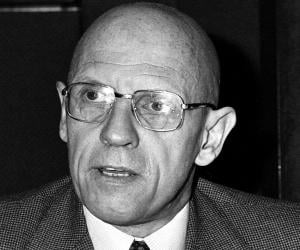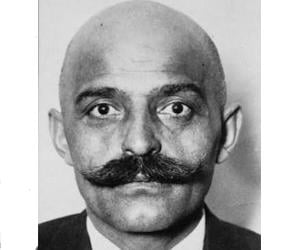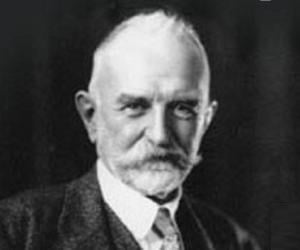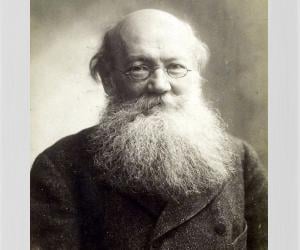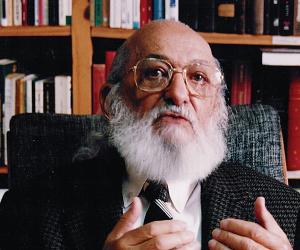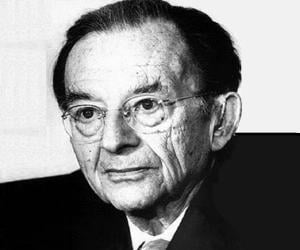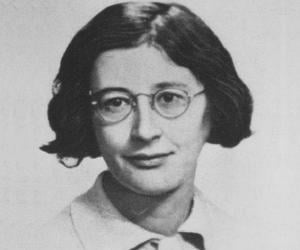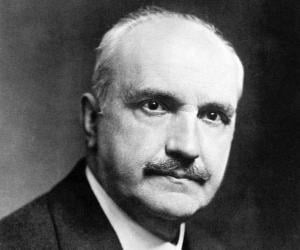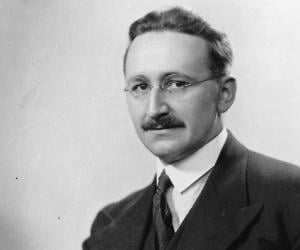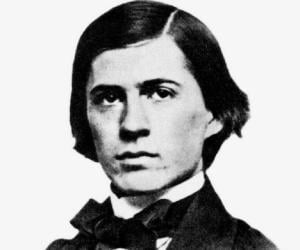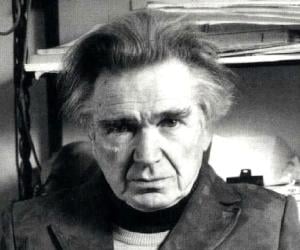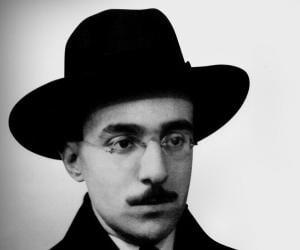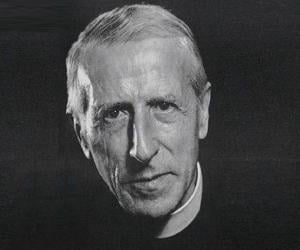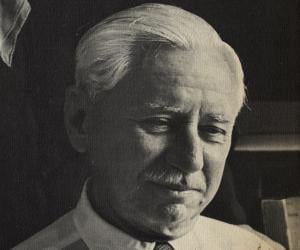Albert Camus was a French philosopher and the second-youngest recipient of the Nobel Prize in Literature. His philosophical views contributed to the rise of absurdism, a philosophical concept. Also a prolific writer, Albert Camus had an illustrious literary career; most of his philosophical essays and novels are still influential.
Slavoj Žižek is a Slovenian philosopher whose works in subjects, such as continental philosophy, Marxism, Hegelianism, and psychoanalysis, has gained him international influence. Often dubbed a celebrity philosopher and Elvis of cultural theory, Žižek was named in Foreign Policy's Top 100 Global Thinkers list in 2012. His work has had an impact on widespread public audiences and academic.
Hannah Arendt was a political theorist. Widely regarded as one of the 20th century's most prominent political thinkers, Hannah Arendt's articles and books have had a significant influence on philosophy and political theory. Her life and work inspired the 2012 biographical drama film, Hannah Arendt. Her work has also inspired several biographies written by popular authors.
A staunch advocate of progressive education and liberalism, the American philosopher and psychologist was the founder of the University of Chicago Laboratory Schools. John Dewey’s famous writings included The Reflex Arc Concept in Psychology and Human Nature and Conduct. According to him, passion for knowledge and intellectual curiosity were central to a teacher. He called himself a democratic socialist.
Jacques Derrida was a French philosopher remembered for developing deconstruction, a form of semiotic analysis. Derrida is one of the most influential figures associated with postmodern philosophy and post-structuralism. He also had a major influence on academic disciplines like philosophy, law, political theory, anthropology, applied linguistics, and historiography. He also influenced music, art criticism, art, and architecture.
Walter Benjamin was a German Jewish essayist, philosopher, and cultural critic. An eclectic thinker, Benjamin made significant contributions to literary criticism, aesthetic theory, and historical materialism. Although Benjamin's work did not earn much recognition during his lifetime, it continues to be revered by academics several years after his death.
Austrian-British philosopher Ludwig Wittgenstein is remembered for his works related to logic, the philosophy of mind, the philosophy of mathematics, and the philosophy of language. He taught at the University of Cambridge for many years. He published only one book during his lifetime. Most of his manuscripts were collected later and published posthumously.
One of the most prominent intellectuals of the 20th century, Theodor Adorno was a pioneer of the Frankfurt School of Critical Theory and despised the culture industry. Born to a singer mother, the German sociologist grew up amid music and could even play Beethoven on the piano by 12.
Alan Watts was a British writer, philosopher, and speaker. He is credited with popularizing Hinduism, Taoism, and Buddhism in the Western world. A prolific writer, Alan Watts wrote one of Buddhism's first bestselling books, The Way of Zen. He also explored psychedelics and human consciousness in his works, such as The Joyous Cosmology and The New Alchemy.
French philosopher, Henri Bergson, is remembered for his contribution to the tradition of continental philosophy. His works were considered extremely influential, especially during the first half of the 20th century. He received the Nobel Prize in Literature (1927) and Grand-Croix de la Legion d'honneur (1930). He was a simple man who led a humble life despite his great achievements.
American philosopher of science Thomas Kuhn is noted for his book on history of science, The Structure of Scientific Revolutions, publication of which marked a significant event in the history, philosophy, and sociology of science. He presented his notion of paradigm shift and identified and elaborated on normal science in this book which remained influential in academic and popular circles.
The Schock Prize and National Humanities Medal-winning American moral and political philosopher John Bordley Rawls is often counted among the most influential political philosophers of the twentieth-century. Notable books of Rawls, where he elucidated his theory of justice and which has influenced a variety of thinkers, includes A Theory of Justice and Political Liberalism.
Edmund Husserl was a German philosopher of Moravian origin. He established the school of phenomenology. He studied mathematics, physics, and astronomy at the University of Leipzig and worked as an assistant to mathematician Karl Weierstrass. He later became a professor of philosophy and taught for several years. He is considered a major figure in 20th-century philosophy.
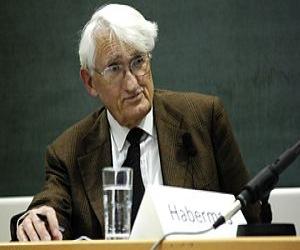
German philosopher and sociologist Jürgen Habermas is counted among the most influential philosophers across the world and is identified with the tradition of critical theory and pragmatism. He influenced many disciplines through his work which addresses communicative rationality and the public sphere, and includes topics starting from social-political theory to aesthetics, language to philosophy of religion, and epistemology.
Italian novelist Umberto Eco is best remembered for his novels The Name of the Rose and Foucault's Pendulum. He also taught at the University of Bologna and had released quite a few children’s books and translations. He was also known for his work on semiotics and medieval studies.
Antonio Gramsci was an Italian politician, journalist, philosopher, linguist, and writer. A founding member of the Communist Party of Italy, Gramsci went on to serve as the leader of the party before he was arrested by Benito Mussolini's Fascist regime. Since his death, Antonio Gramsci has been the subject of several plays and films.
Albert Schweitzer was an Alsatian polymath who won the Nobel Peace Prize in 1952 for his philosophical work, Reverence for Life. He is credited with founding the Albert Schweitzer Hospital, which was a direct result of his philosophical expression. Schweitzer is also credited with influencing the Organ reform movement, which began in the mid-20th-century.
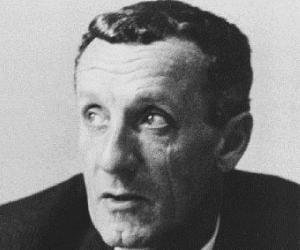
Austrian philosopher and architect and Rudolf Steiner gained fame as a literary critic and published works such as The Philosophy of Freedom. His interests included esotericism and clairvoyance. He termed his work spiritual science. He designed the Goetheanum and also laid down concepts such as Waldorf education and biodynamic agriculture.
Regarded by many as the father of modern linguistics, Noam Chomsky has authored over 100 books on varied topics, such as politics, linguistics, and war. A multi-talented personality, Noam Chomsky is considered a popular figure in analytic philosophy. Apart from influencing a wide array of academic fields, he has also contributed to the development of cognitivism.
Sarvepalli Radhakrishnan was the second President of India and served from 1962 to 1967. He is regarded as one of India’s most eminent scholars and wrote extensively on Indian philosophy and religion. Lifelong he defended Hindu traditions and culture against criticism from the West. September 5, his birthday, is observed as Teachers Day in India, in his honour.
Australian moral philosopher, Peter Singer, is currently the Ira W. DeCamp Professor of Bioethics at Princeton University. He specializes in applied ethics. He is best known for his book Animal Liberation, which is considered a seminal work in the animal liberation movement. The Council of Australian Humanist Societies recognized him as the Australian Humanist of the Year in 2004.
If others thought the body was the prison of the soul, Paul-Michel Foucault felt the other way round. The French philosopher, literary critic and Leftist who interpreted the link between power and knowledge, was a post-structuralist whose theories have left a mark on anthropology, psychology and criminology. The feminist was one of the noted personalities to have died of HIV/AIDS.
Born to a poet and carpenter, George Gurdjieff grew up reading a lot of science books in his hometown, Kars. He later laid down the concept of The Fourth Way, stating that humans can overcome their state of waking sleep through methods involving a combination of music, dance, and lectures.
American philosopher and social psychologist George Herbert Mead was one of the pioneers of pragmatism and symbolic interactionism. He taught at the University of Chicago, and his ideas later came to be known as the Chicago school of sociology. His notable lectures were published as books only after his death.

Renowned sociologist and cultural theorist Jean Baudrillard is remembered for introducing concepts of hyperreality and simulacrum. Initially a teacher of German literature in schools, he later taught sociology at Paris X Nanterre. He coined the phrase the desert of the real, which was later used in the film The Matrix.
Russian philosopher Peter Kropotkin was a passionate advocate of anarcho-communism. He was also an activist, revolutionary, economist, and sociologist. He was arrested and imprisoned for his activism in 1874. However, he managed to escape and lived in exile for over 40 years in different countries across Europe. He returned to Russia after the Russian Revolution in 1917.
Erich Fromm was a German social psychologist, psychoanalyst, sociologist, and socialist. A German Jew, he fled the Nazi regime and settled in the United States. He was a co-founder of The William Alanson White Institute and was associated with the Frankfurt School of critical theory. He is best remembered for authoring the book Escape from Freedom.
One of George Santayana’s initial works, The Sense of Beauty, spoke about aesthetics, an oft-repeated topic in his later works. The Spanish-born American philosopher and Harvard professor is remembered for his quote “Only the dead have seen the end of war,” which has often been misattributed to Plato.
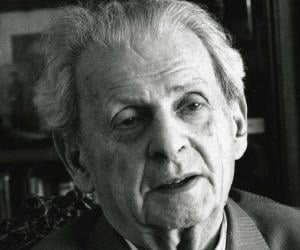
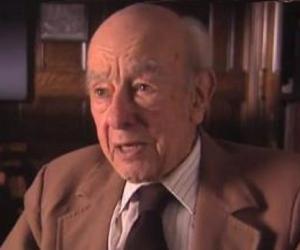
A winner of the Nobel Memorial Prize in Economic Sciences, Friedrich von Hayek, was an advocate of classical liberalism. The Austrian-British economist, who was also a political philosopher, co-founded the Mont Pelerin Society. He worked at the London School of Economics, the University of Chicago and the University of Freiburg and authored the popular book, The Road to Serfdom.
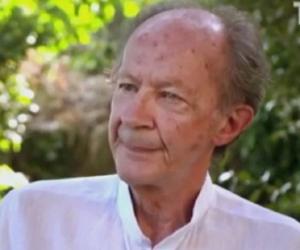
Charles Sanders Peirce was an American philosopher, mathematician, logician, and scientist. He is best remembered for his immense contributions to logic. Philosopher Paul Weiss called him America's greatest logician. Charles Sanders Peirce is also regarded by some as the father of pragmatism.

Renowned sociologist and intellectual Pierre Bourdieu is best remembered for his theory of habitus. Initially sent to Algeria as part of the French Army, he later taught and conducted ethnographic research there. His best-known work remains La Distinction, and he also inspired a hit French documentary.
Fernando Pessoa was a Portuguese poet, writer, translator, and publisher. A prolific writer, he is considered one of the most significant literary figures of the 20th century. While he mostly wrote in the Portuguese language, he also wrote in English and French occasionally. Besides writing under his own name, he also wrote under approximately 75 other names.
French paleontologist and Jesuit priest Pierre Teilhard de Chardin is remembered as someone who deviated from theology to science. He discovered the fossilized remains known as the Peking man in China, but faced a lot of opposition from his religious superiors when it came to publishing his scientific thoughts.
Will Durant was an American writer, philosopher, and historian. He is credited with writing The Story of Philosophy which helped popularize philosophy in the USA. Will is also remembered for co-writing an 11-volume set of books titled The Story of Civilization along with his wife Ariel. Will and Ariel were awarded the Pulitzer Prize and the Presidential Medal of Freedom.
Georges Bataille was a French intellectual and philosopher best remembered for his work in various fields, such as philosophy, sociology, history of art, anthropology, literature, and consumerism. His work would later have a huge impact on subsequent schools of social theory and philosophy. Also a prolific writer, Georges Bataille wrote on subjects like mysticism, erotism, transgression, and surrealism.
Mircea Eliade was a Romanian fiction writer, historian of religion, professor at the University of Chicago, and philosopher. His stories and novels have been adapted into films, such as The Bengali Night, which was directed by Nicolas Klotz. His works have also influenced writers all over the world.


